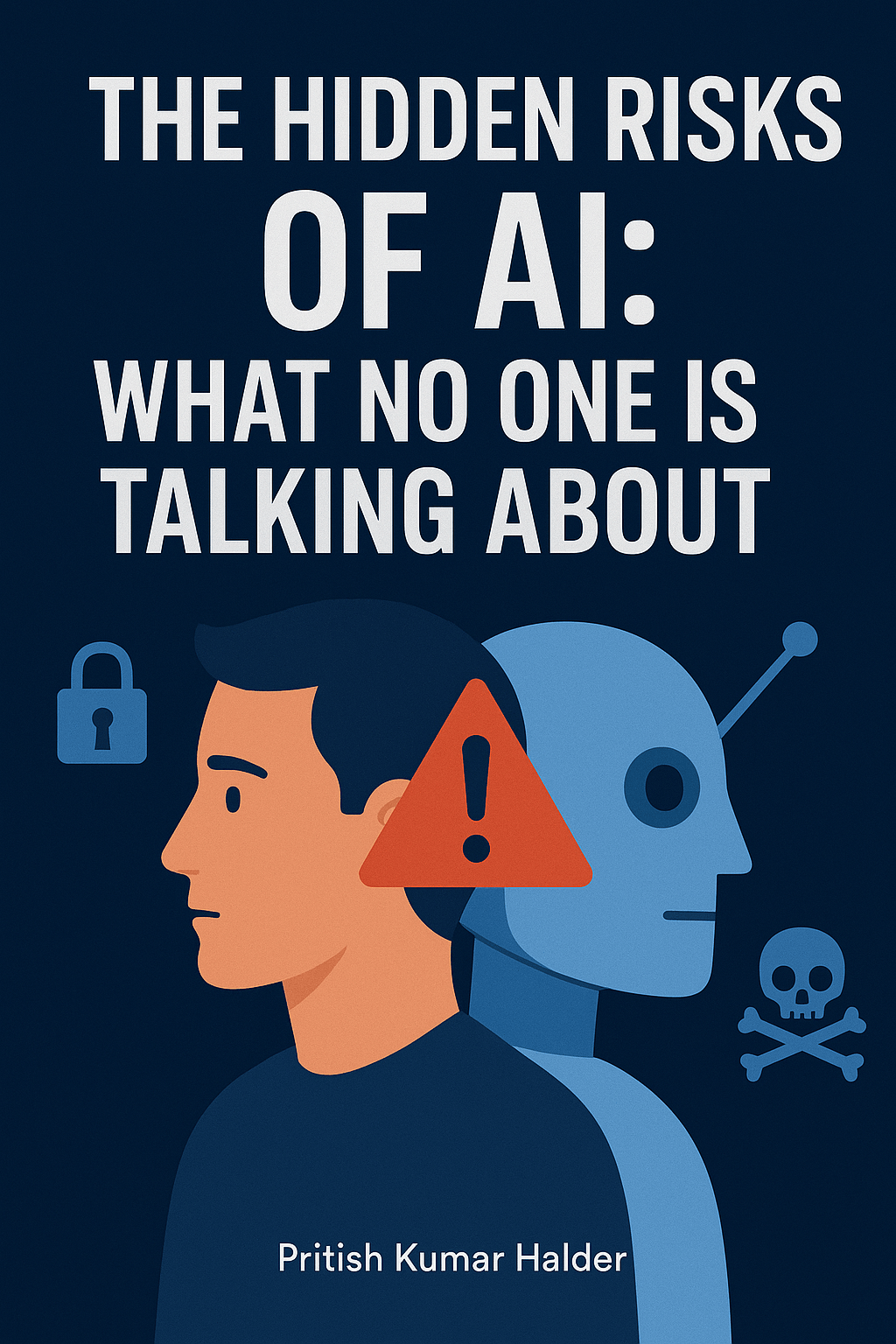You’ve probably been told you’re a good communicator. Maybe friends come to you for advice, or coworkers say you explain things well. That’s great—but what if you could be even better? What if you’re missing small things that could take your work life to the next level? That’s where effective communication courses come in. They aren’t just for people who struggle. Even great communicators are surprised by how much these courses help.
Sometimes, we get used to our habits. We speak the same way, write the same way, and don’t notice how others react. But real communication is about more than just talking. It’s about being heard, understood, and remembered.
Surprising Truths About “Good” Communicators
Here’s the thing—many people think they communicate well because no one tells them otherwise. But what if your emails are too long? What if you talk more than you listen? What if people are nodding in meetings but not really getting your point?
This is why effective communication training is such a surprise. It shows you what you’re doing right, what’s not working, and what you didn’t even know you could do better. It’s like a light bulb going off—and once it does, everything at work gets easier.
What You Might Learn (and Didn’t Expect To)
You might think, “I already speak clearly,” or “I write emails every day, I’m fine.” But these courses go deeper. They reveal little habits that could be getting in your way. For example:
- Are you using too much technical language?
- Do you interrupt without realizing it?
- Are your messages unclear or too long?
- Do you avoid giving feedback because it feels awkward?
These things can hurt your progress without you knowing. The goal isn’t to change who you are—it’s to help you connect better with others, whether it’s a client, your boss, or your team.
What Happens in Effective Communication Training?
During effective communication training, you try out real situations. Not made-up ones—things you face at work. You practice:
- Speaking in meetings with confidence
- Writing short and clear emails
- Listening without jumping to answers
- Giving feedback that helps, not hurts
- Staying calm when things get tense
The best part? It’s not boring. These sessions are active and friendly. You’ll hear tips that are easy to use right away. Most people walk away feeling sharper, faster, and more sure of themselves.
Real Benefits—Not Just for Work
Yes, these skills help you at work. But you’ll see changes outside of work too. You’ll be better in interviews, networking, and even personal conversations. Communication is one of those skills that makes life smoother in every way.
You may already have talent, but adding structure and strategy to it makes a huge difference. It’s like upgrading from “good enough” to “wow, that was impressive.”
Why Even Confident Speakers Take These Courses
Even CEOs and senior managers take communication training. Why? Being clear, calm, and kind in your words never stops mattering. There’s always a new way to connect better, handle tough talks, or make messages stick.
If you already think you’re good, imagine how much more powerful you’ll be when you sharpen that strength even more.










